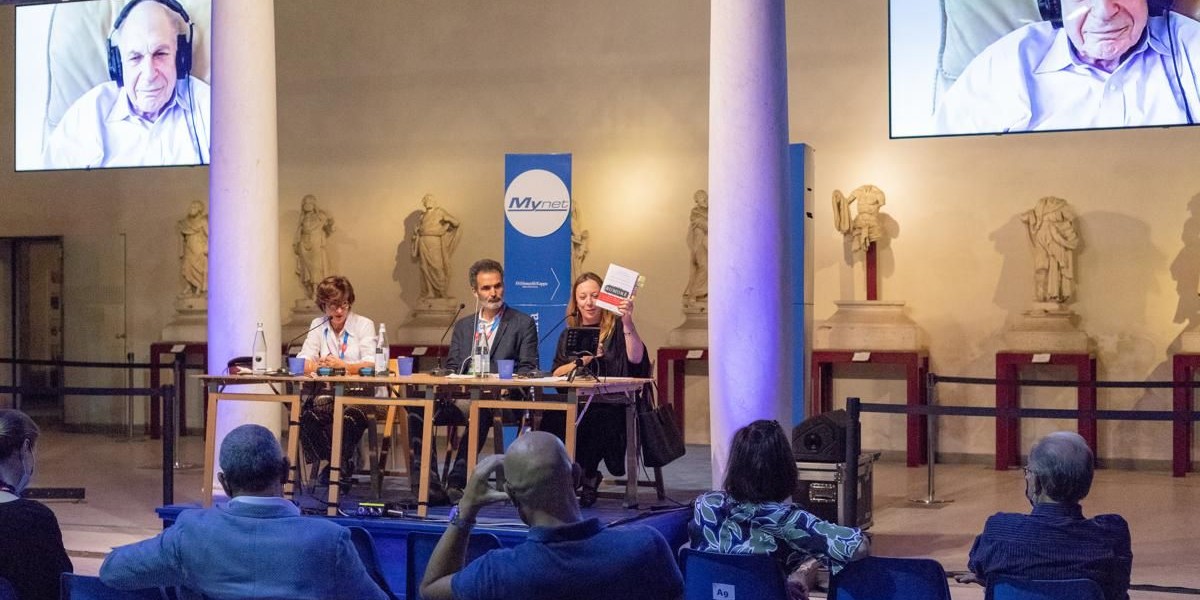
Daniel Kahneman and Olivier Sibony on different kinds of decision-making errors
We talk a lot about bias in decision making. An insurance company which consistently overestimates risk, and therefore sets premiums too high, is biased. There is another type of decision-making error, which is not consistent, and this is the subject of economist Daniel Kahneman and HEC professor Olivier Sibony’s latest book, Noise.
If a judge passes harsher sentences just before lunch, this is noise. If one particular judge tends to pass harsher sentences than his or her colleagues, this is also noise. If a judge is more sympathetic to a defendant with a certain background, or sees a certain crime as less serious than others do, this is noise.
Why is this? We are all different, said the authors, who were in conversation with the journalist Elisabetta Tola. We all see the world in a different way, because what we have in our heads is different. And most of us don’t realise that this is the case. We think our view of the world is the right one, and we expect another ‘reasonable’ person to see things in the same way.
Of course, we don’t expect people to agree all the time, said the authors. Differing opinions exist, they are part of being human. But research showed that most people think that around 10% would be an acceptable variation. The real figure is closer to 50%.
Both bias and noise need to be tackled if we are to make good, fair decisions. One way is to use algorithms, which are noise free – with the same input conditions, an algorithm will always give the same result. Kahneman doesn’t see human decision makers being replaced by algorithms any time soon. The key for us humans to make better, more consistent decisions is disciplined thinking, said Sibony, using method as well as intuition. First break down the decision into its component parts, decide on your criteria and apply them. Then use your intuition.



